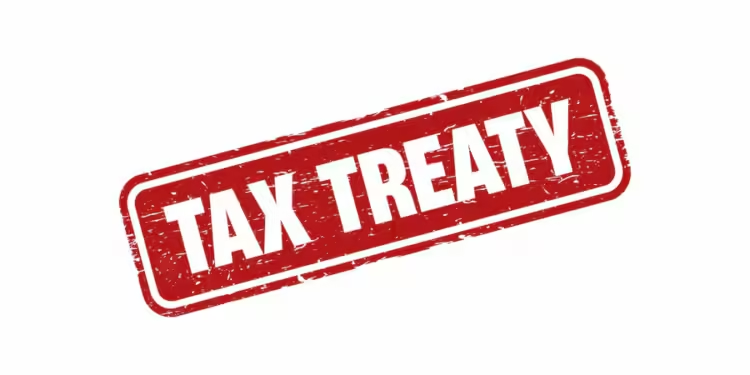The government has issued Presidential Regulation No. 63/2024 which replaces Perpres No. 77/2019 related to the Multilateral Instrument (MLI). MLI (Multilateral Instrument) was developed by the OECD as a government effort to close the gap in international tax regulations in various countries. Tax treaty or commonly called the Double Taxation Avoidance Agreement (DTAA) has been aimed at preventing tax avoidance and imposition of double taxation. However, with the development of the digital economy, the effectiveness of DTAs is reduced, resulting in the emergence of BEPS practices by multinational enterprises (MNEs) that take advantage of gaps and misalignments in tax rules between countries. To address this, G20 member countries, together with the OECD, released a consensus-based international tax policy. There are 15 G20/OECD action plans covered in the MLI, including prevention of tax treaty abuse, setting up permanent establishments, and resolving tax disputes.
The following points analyze the impact of the regulation on tax performance:
- Preventing Tax Avoidance: MLI can help member countries close legal loopholes that multinational companies use to avoid taxes, which can increase their tax revenue.
- Increase Transparency: MLI can increase the transparency of tax information between countries, making it easier to track companies’ profit movements and ensure they pay their fair share of taxes.
- Strengthen Legal Certainty: MLI can provide better legal certainty for companies operating in different countries, enabling them to invest more confidently.
In addition to improving tax performance, MLI aims to prevent Base Erosion and Profit Shifting (BEPS). The following points analyze the impact of the regulation on trade and investment:
- Increase Trade: By reducing the risk of double taxation and legal uncertainty, MLI can boost trade between countries.
- Increase Investment: MLI can increase foreign direct investment (FDI) as multinational companies will be more confident to invest in countries with transparent and fair tax systems.
- Creates Jobs: Increased trade and investment can create new jobs and boost economic growth.
Thus, some of the challenges that need to be considered are that the MLI needs to be implemented effectively by member countries, including Indonesia. This requires a strong commitment from the government and good coordination among related institutions.
Similarly, in terms of human resource capacity, it is necessary to increase the capacity of human resources in the field of international taxation to ensure that MLI can be implemented properly. In addition, it is necessary to further educate and socialize taxpayers from business actors about MLI and its impact. Presidential Regulation No. 63/2024 is a positive step to improve the effectiveness of tax performance and encourage trade and investment. Although there are some challenges that need to be faced, MLI has the potential to provide significant benefits for Indonesia.














